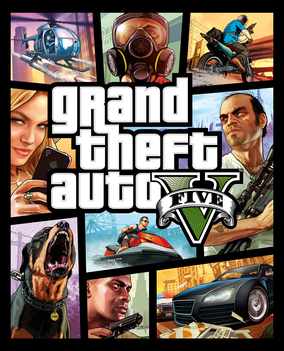Lists









9 Books
Books To Read When I Have The Time and Energy
Sort by:
Recent Desc
I'm busy all the time, but I want to carve in time for reading. These are the books I am looking to try.
More lists by Lauren Hives


Movies I Want to Watch When I Have the Time and Energy
I am a huge movie fan! But there are still so many movies I have yet to see and enjoy.
January 2023
0
@laurentaylorhivesa188e8



Games to Add to Steam (If They Have Them...)
List includes: Grand Theft Auto IV, Grand Theft Auto V, Dark Souls III
January 2023
0
@laurentaylorhivesa188e8


Music to Listen to!
List includes: KAMIJO, GARNiDELiA
January 2023
0
@laurentaylorhivesa188e8

Shows to Watch When I Have the Time and Energy
Not a big TV watcher, but I'd love to watch more!
January 2023
0
@laurentaylorhivesa188e8

Shows to Watch When I Have the Time and Energy
Not a big TV watcher, but I'd love to watch more!
January 2023
0
@laurentaylorhivesa188e8